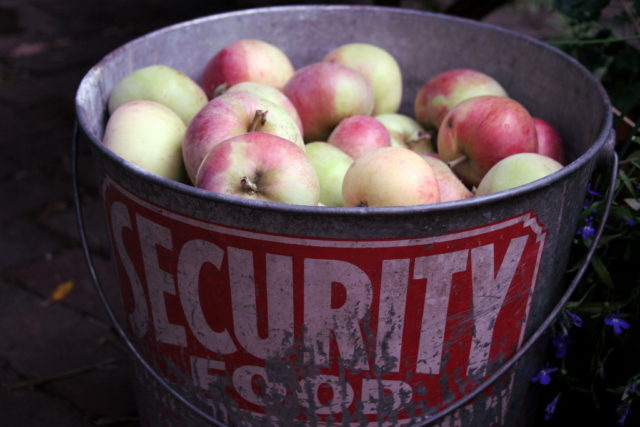The June issue of the semi-annual online publication, The Orchards Poetry Journal, has just been published. It is a work of beauty and heart. I am so pleased to have my own work included, and I am enjoying the work of other poets, most of them previously unknown to me.
When I was in college, I had the starring role in a short student film about a poet–an introvert!–who had to escape from daily stresses to the quiet of a park at sunset. The title? “The Little Tippler” (for E.D.) That was the same year I first encountered the poems of Emily Dickinson which have influenced me ever since. Given that, I was impressed by the technically adept and humorous riff on Emily Dickinson’s original poem (“I taste a liquor never brewed” #214) in this issue of The Orchards, called “Getting High with Emily Dickinson” by Chris Carrol. (Click HERE to find the text of the original poem by Dickinson as printed by the enclyopedic site www.poets.org hosted by the American Academy of Poets–sponsor of National Poetry Month and inventor of Poem-in-Your-Pocket Day. Please note, as with many of Dickinson’s poems, variants abound. The version I memorized years ago had a different third line: “Not all the Vats along the Rhine”!)
Other favorites of mine in this issue include Susan McLean’s devastating villanelle “What You Need to Know;” Ted Charnley’s trenchant “Lady MacBeth in the 21st Century;” and Katherine Barrett Swift’s wry homage to John Donne in “Busy Old Fool.”
Of my own poems, “Watercolor” came to be written when friend and poet Sally Nacker and I engaged in an exercise drawn from a book called The Crafty Poet, by Diane Lockward, the poet laureate of the New Jersey town of West Caldwell. Her monthly blog is well worth investigating (I have subscribed for some years) on her website.
“Medusa,” my sonnet, is dedicated to the poet and former US Poet Laureate Louise Bogan (1897-1970). I first encountered Bogan’s work in high school by chance, on the shelves of the Appleton Public Library, through her final collection, The Blue Esturaries. (I remember, vividly, looking up the word “estuaries.”) For thirty-eight years, Bogan also reviewed poetry for The New Yorker. In my opinion, she is too little read today.
Unlike Sylvia Plath and Anne Sexton, also high school discoveries for me, Bogan was a very private person on the page–cool, cerebral, a master of technique, too. Her form of emotional intensity comes not from the confessional mode but from restraint and precision of diction and musicality–more Bach than Beethoven. Both Plath and Bogan employed the mythology of Medusa in their own distinct ways. Many years after encountering their poems, I wrote my own poem.
Hoping you enjoy this issue of The Orchards Poetry Review! Let me know which poems arrest your attention!


